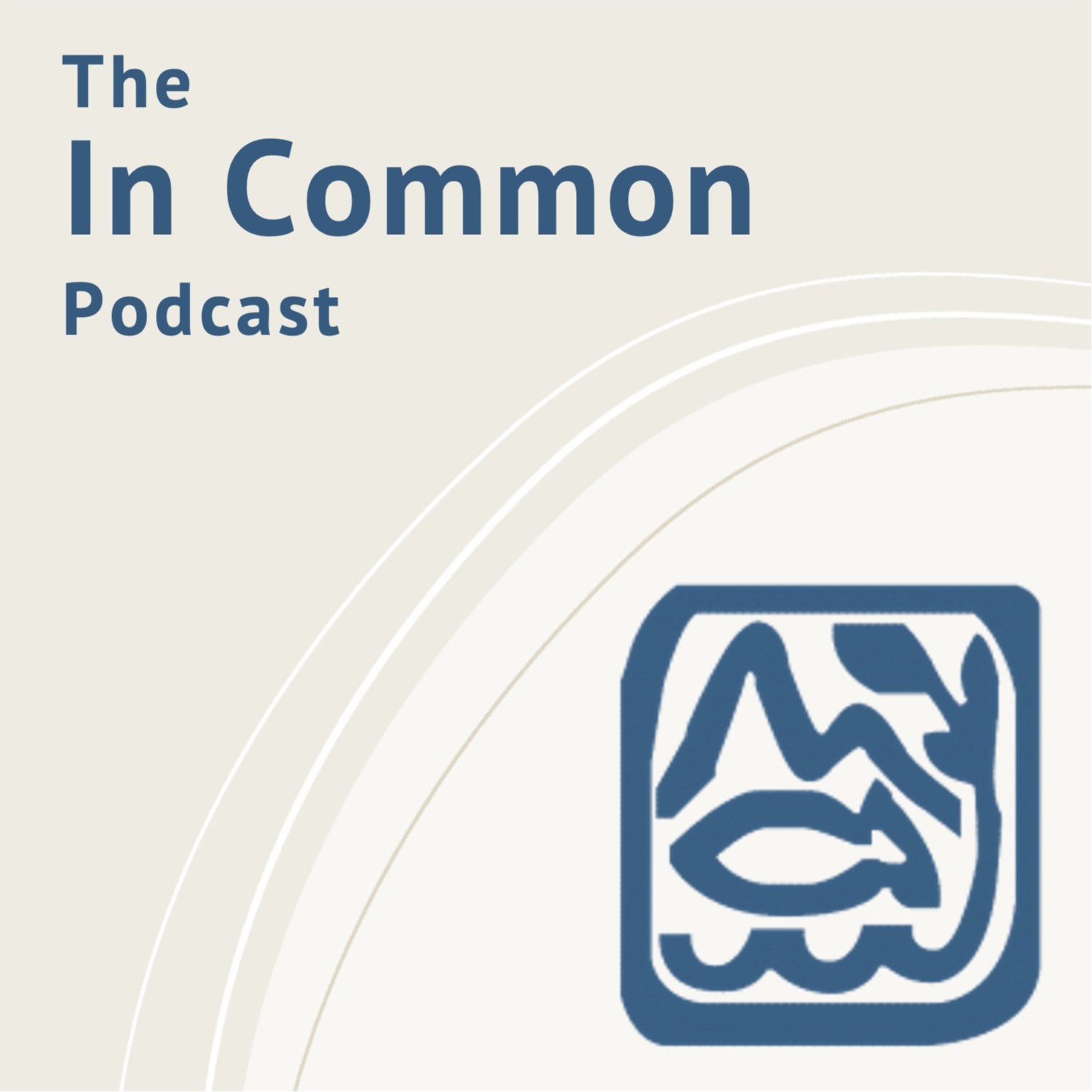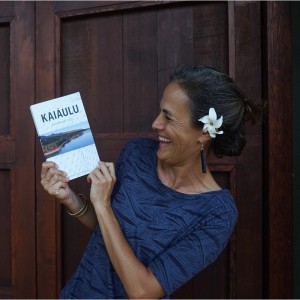
94.8K
Downloads
229
Episodes
In Common explores the connections between humans, their environment and each other through stories told by scholars and practitioners. In-depth interviews and methods webinars explore interdisciplinary and transdisciplinary work on commons governance, conservation and development, social-ecological resilience, and sustainability.
Episodes

Monday Sep 12, 2022
103: Gathering tides with Mehana Blaich Vaughan
Monday Sep 12, 2022
Monday Sep 12, 2022
In this episode, Michael speaks with Mehana Blaich Vaughan, associate professor at the University of Hawaiʻi at Mānoa in the Department of Natural Resources and Environmental Management in the College of Tropical Agriculture and Human Resources. Mehana is an environmental social scientist whose work focuses on indigenous and community-based natural resource management.
Michael asks Mehana about her book, Kaiaulu: Gathering Tides. In this book, Mehana describes the relationship between Hawaiian people and their land and water. Throughout this book Mehana describes how Hawaiians view nature as a partner rather than as a resource. The book is a guide to important Hawaiian concepts such as Kuleana, embodying the idea that access to the environment is partnered with obligations to it and to the one’s community. Mehana talks with Michael about this and other related terms that form a network of understanding for a worldview that is quite different from the dominant bureaucratized, westernized position. During their discussion, Mehana also talks about the land dispossession that Hawaiians have faced, and how some Hawaiian communities have been trying to reassert their environmental traditions in the context of Hawaiian state bureaucracy.
Mehana’s website:http://mehanavaughan.huiainamomona.org/
Website for Kipuka Kuleana: https://www.kipukakuleana.org/
References:
Vaughan, M. B. 2018. Kaiaulu: Gathering Tides. Oregon State University Press.
Diver, S., M. Vaughan, M. Baker-Médard, and H. Lukacs. 2019. Recognizing “reciprocal relations” to restore community access to land and water. International journal of the commons 13(1):400.

Comments (0)
To leave or reply to comments, please download free Podbean or
No Comments
To leave or reply to comments,
please download free Podbean App.